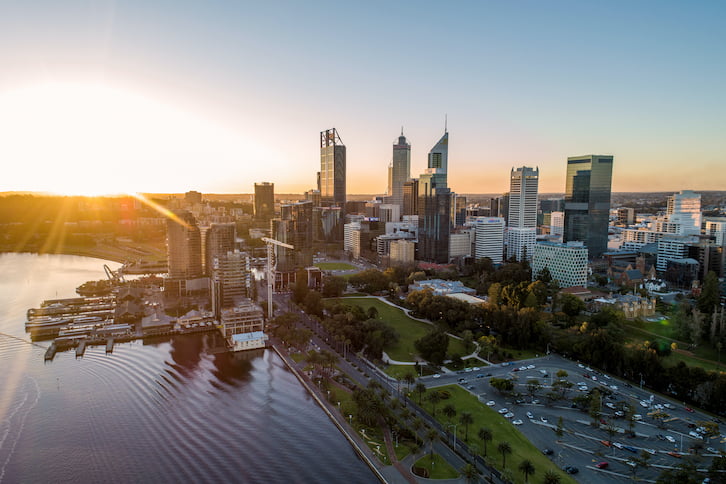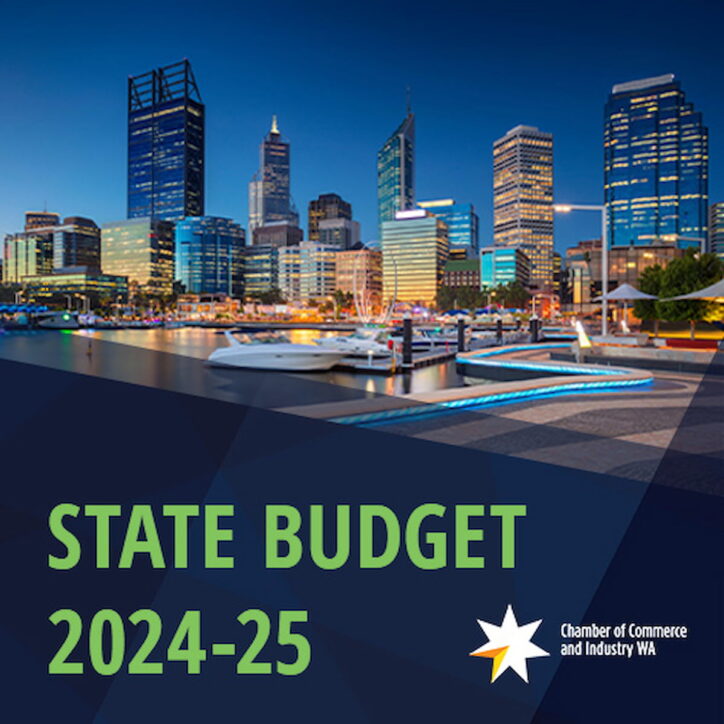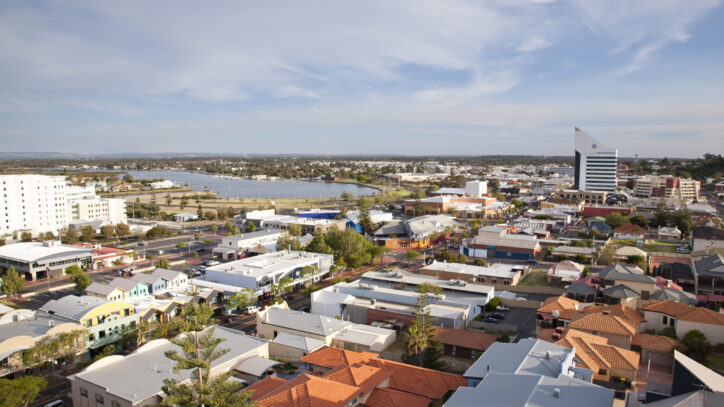The State Government has recorded a $5.6 billion surplus, pledging to spend on health, infrastructure, housing and climate change, as part of its 2021-22 State Budget.
High iron ore prices and demand lifted the Government’s revenue to $40.2b for 2020-21, about $6.7b more than expected.
The Government also posted a cash surplus of $2.6b and WA is on track for 3.5 per cent growth in 2021-22 – the strongest expansion in eight years and higher than the 2.75 per cent forecast in February.
Speaking at CCIWA’s Budget Breakdown event, CCIWA Chief Economist Aaron Morey said the State’s strong growth resulted from business in the mining sector, household consumption, dwelling investment and net exports.
Read our media release
Premier Mark McGowan promised record spending on infrastructure over the next four years, including a $1.4b new desalination plant, $400 million for the Westport project and $200m for improving critical agricultural supply chains.
Amid skills shortages and to avoid a “bidding war” with the private sector over jobs, the Government has moved to delay key infrastructure projects to deliver a pipeline of work over the longer term.
On skills, the Budget includes a $121.4m investment into training, $4.1m to attract workers from the east coast and New Zealand, and $9.9m on enabling TAFE lecturers to gain industry experience.
Morey said the State’s skills shortages looked set to continue, with reports that interstate borders are unlikely to ease until next April and international borders not easing until September.
“We need to get access to overseas workers – workers from other States and TAFE funding won’t address the skills shortages,” he said.
He added that there are “significant risks to the budget position”.
“These include the iron ore price, a renegotiated GST deal and a lack of expenditure restraint, especially in relation to public sector wages,” he said.
As part of the Budget, the Government brought forward its review of public sector wages, which was originally slated for 2023.
The Budget also included $120m to accelerate the approval of major projects and $500m to upgrade its digital and technology infrastructure over the next four years.
Describing climate change as the “biggest global threat”, Premier McGowan announced a $750m climate action fund, including $206m for renewable energy projects, $144m to create climate-resilient communities and $50m to drive a new renewable hydrogen industry.
In health and community services, Premier McGowan announced $3.1b to expand the State’s health system, including $487m for COVID preparedness and response such as vaccination and hotel quarantine.
The Government committed $2.1b for social housing over four years, including a $750m social housing investment fund.
CCIWA’s policy team has compiled a State Budget breakdown, detailing investment in each sector and areas of opportunity.









